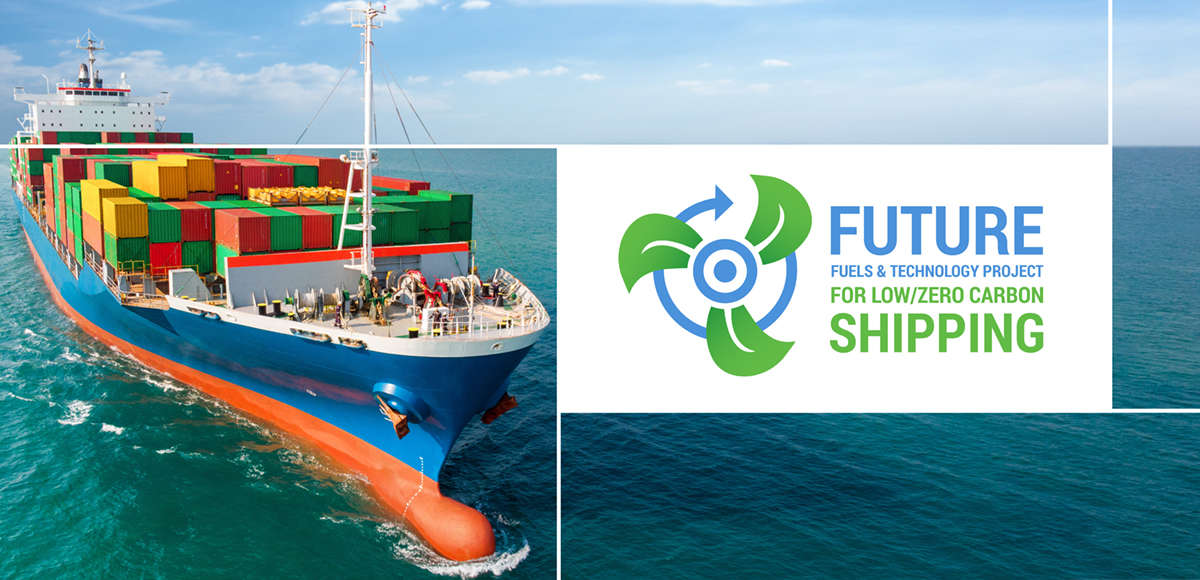
Future Fuels and Technology Project to inform GHG Strategy update : IMO
LONDON : Research into the availability and preparedness of future low- and zero- carbon marine fuels and technology is being conducted as part of a new project.
The preparedness and availability of low- and zero-carbon marine fuels will be assessed by the new project
The decarbonization of international shipping is a priority for IMO and by mid-2023, the organization aims to have in place a revised and strengthened Strategy on Reduction of GHG Emissions from Ships.
A new IMO project aims to provide an assessment of the state of availability and readiness of low- and zero-carbon ship technology and marine fuels, in order to help inform Member States as they work towards the revision of the IMO GHG Strategy.
The key commitment of the Initial Strategy, adopted in 2018, is to phase out GHG emissions from international shipping as soon as possible.
Embracing technological innovation along with the transition to low- and zero-carbon fuels and/or alternative energy sources will be required to achieve this ambition. Such changes also require consideration of issues such as safety and regulation, pricing and infrastructure availability, lifecycle emissions, supply chain constraints and the existence of any barriers to adoption.
With this in mind, IMO’s Marine Environment Division has launched a project providing technical analysis related to the feasibility of pathways to shipping decarbonization.
The Future Fuels and Technology for Low- and Zero-Carbon Shipping Project (FFT Project) is a partnership project being implemented by IMO with funding from the Republic of Korea. Expected to run until 2025, it consists of three main phases:
A study of current and projected global uptake and dissemination of low- and zero-carbon marine technology and fuels.
Identification of and support for incentives and regulatory mechanisms, including safety and training issues, to promote the uptake of alternative fuels and technology including mid- and long-term reduction measures.
Promotion of technological cooperation – for example, through pilot projects – and organization of outreach activities to reinforce mutual understanding and cooperation between developed and developing countries and the global shipping industry.
Readiness and availability of alternative energy options
In June 2022, MEPC 78 noted the need for more information to support the revision process of the Initial GHG Strategy.
To that end, the first phase of the FFT Project includes an assessment of the state of readiness and availability of low- and zero-carbon ship technology and marine fuels.
The study will evaluate demand as well as capacity developments related to low- and zero-carbon technologies, whilst also assessing their commercial and technological preparedness. The latter will be analysed using three scenarios of possible ways to reduce CO2 emissions by 2050:
IMO’s Initial Strategy Scenario (IMO)
Net Zero Emission Scenario (NZE)
Zero by 2050 Scenario (ZERO)
This research, due to continue until June 2023, is funded by the Voyage Together Trust Fund and IMO’s voluntary multi-donor funding mechanism, the GHG TC-Trust Fund. The results will be made available and may inform discussions on GHG reduction goals in the Revised IMO GHG Strategy.
IMO has contracted Ricardo-AEA Ltd and DNV to undertake the research study. Member States and international organizations that wish to have further information on the research can do so by emailing [email protected] (FFT Project manager).
See here for more information on the FFT project and associated research.
Future fuels and technology online information hub
A comprehensive website is being developed, which is intended to act as a dedicated online hub for IMO members to find and share information and data on the uptake of alternative fuels and new technology as part of the decarbonization of shipping in the mid and long term.
The site will provide easy access to materials of particular use to developing States on the latest advances in the decarbonization of the maritime sector. It will also provide education and training materials, as well as details of related activities and events.

